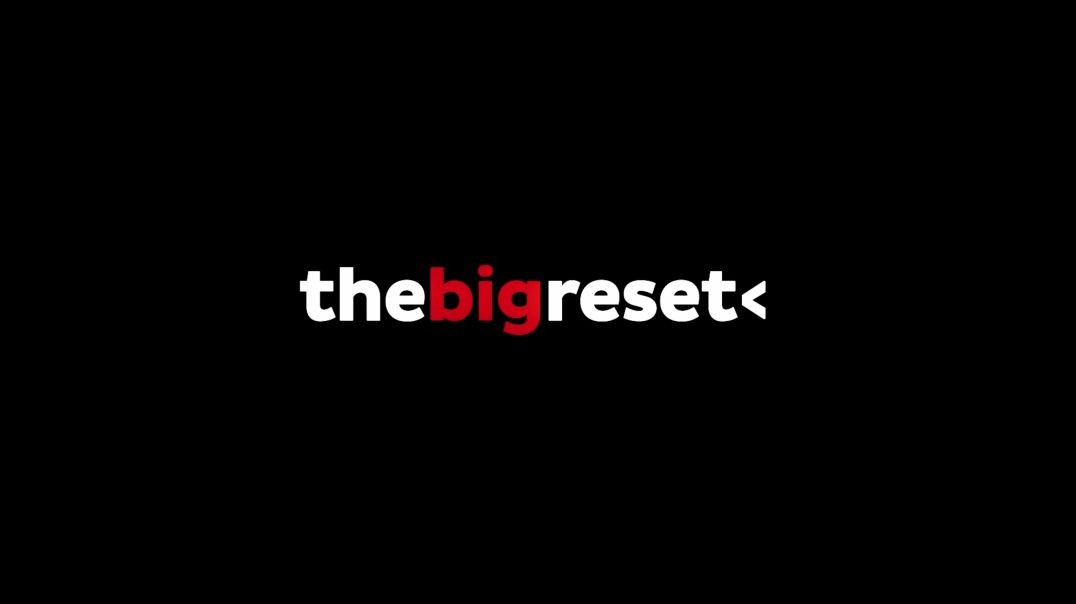Quantum computing has been a buzzword in the tech world for some time now, promising revolutionary breakthroughs in solving complex problems beyond classical computers' reach. But for many, the concept of quantum computing remains elusive and abstract. Enter quantum as a service (QaaS), a new paradigm that aims to make quantum computing more accessible to a broader audience.
So, what exactly is QaaS? In simple terms, QaaS is a cloud-based service that allows users to access and utilize quantum computing resources remotely without needing specialized hardware or expertise. This means that businesses, researchers, and developers can harness the power of quantum computing without having to invest in expensive infrastructure or hire quantum experts.
QaaS differs from traditional quantum computing in a few key ways. Traditional quantum computing involves building and maintaining specialized quantum processors, which require extremely low temperatures and a highly controlled environment to function. These systems are complex, expensive, and often inaccessible to those outside of the quantum research community. QaaS, on the other hand, abstracts away the hardware and technical complexity, providing users with a user-friendly interface to run quantum algorithms and experiments.
The potential applications of QaaS are vast and varied. Quantum computing has the potential to revolutionize industries such as finance, healthcare, logistics, and more. For example, quantum algorithms could optimize supply chains, improve drug discovery processes, enhance financial modeling, and even break current encryption methods. By leveraging QaaS, businesses can tap into these transformative capabilities without the upfront costs and technical barriers associated with traditional quantum computing.
Despite its promise, QaaS is not without its challenges and limitations. Quantum computers are still in the early stages of development, with current systems being prone to errors and instability. Additionally, quantum algorithms are complex and difficult to design, requiring specialized knowledge and expertise. As a result, the potential benefits of QaaS may not be fully realized until quantum technology matures further.
Several companies and research institutions are already leveraging QaaS technology to drive innovation and research in quantum computing. For example, IBM offers Quantum Experience, a cloud-based platform that allows users to run quantum algorithms on IBM's quantum processors. Google, Microsoft, Amazon and Node Nexus Network are also investing in QaaS offerings to make quantum computing more accessible to a wider audience.
Recent advancements in the field of quantum computing, such as the development of more stable qubits and error correction techniques, are fueling excitement in the QaaS space. Experts believe that QaaS has the potential to democratize quantum computing and accelerate the adoption of this revolutionary technology in various industries.
In conclusion, quantum as a service (QaaS) represents a new frontier in the world of quantum computing, offering users a convenient and accessible way to leverage the power of quantum algorithms and processors. While QaaS holds great promise for driving innovation and solving complex problems, it also faces challenges related to technical maturity and algorithm complexity. As quantum technology continues to evolve, we can expect QaaS to play a crucial role in enabling the widespread adoption and utilization of quantum computing capabilities.














